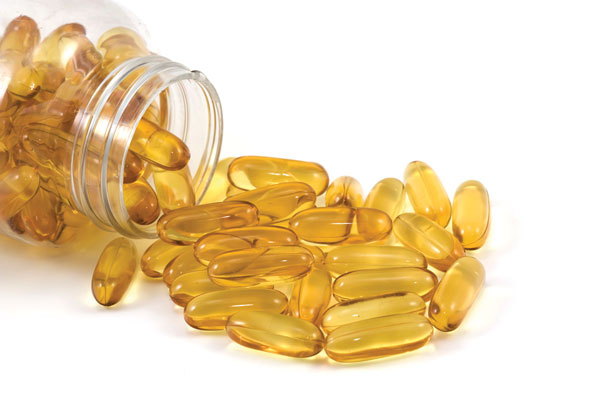Higher omega-3 levels slash stroke risk by 17%: massive study
Higher omega-3s levels were associated with lower stroke risk in a study that pooled data from long term cohorts from around the world.

At a Glance
- Omega-3s found to cut stroke risk
- Study included data from more than 180,000 subjects
A new study using data from close to 200,000 patients has shown higher omega-3 levels can cut stroke risk by as much as 17%.
The study was published in the peer reviewed journal Stroke. It was the work of a large team of researchers associated with institutions in Australia, Canada, Denmark, Germany, Japan, India, Italy, Sweden, the Netherlands, Taiwan and the United States.
Huge data pool
The study pooled data from 29 international prospective cohorts that included more than 180,000 participants.
The goal was to look at how omega-3 levels affected total stroke risk as well as the risk of ischemic and hemorrhagic strokes. Ischemic strokes occur from lack of blood supply to the brain, whereas hemorrhagic strokes happen because of bleeding into the brain tissue.
The subjects in the various cohorts totaled 183,291 study participants. The average follow-up time was 14.3 years.
Across all the cohorts, 10,561 total strokes were recorded, of which 8,220 were ischemic strokes, with the remaining 1,142 strokes of the hemorrhagic variety.
Baseline levels matter
To measure how omega-3s affected stroke risk, the researchers pooled data on omega-3 levels that were collected in different ways. Some studies measured the omega-3 levels in plasma, in red blood cells, and in adipose tissue.
The lowest 10% of the study population had an average Omega-3 Index of 3.4% (a measurement of omega-3 levels in red blood cell tissue), while the top 10% had an average value of 7.9%.
When breaking down the lowest and highest omega-3 groups by quintiles and by specific omega-3 (EPA, DHA or the two together), the researchers found those with the most omega-3s in their tissues had a 17% lower risk for total stroke compared with people in the lowest 20% of omega-3 levels. About the same reduction was seen for ischemic stroke risk reduction.
Myths debunked
When looking at the risk of hemorrhagic stroke, the researchers found no correlation between the higher levels of omega-3s and the risk for this kind of stroke.
That’s a very significant finding, said William Harris, PhD, head of the Fatty Acid Research Institute (FARI) and one of the paper’s coauthors.
“The minority of strokes are brain bleeds. There was some suggestion that higher omega-3 levels would increase that risk,” Harris said.
Another key finding was that high omega-3 levels had no association with an increased stroke risk in cases of atrial fibrillation, another potential concern about these nutrients, Harris said.
Some health authorities unmoved
The long-term nature of this data and the huge number of subjects involved would seem to make a strong argument for the validity and magnitude of the effects observed. But some health authorities, schooled in the world of pharmaceutical-style trials, still view with skepticism any data that comes from observational studies, no matter how large they are nor how long they may have run, Harris said.
“That’s how the purists would spin it. They won’t believe observational data and would only believe a result that came from a placebo-controlled trial,” he said.
About the Author(s)
You May Also Like






.png?width=800&auto=webp&quality=80&disable=upscale)